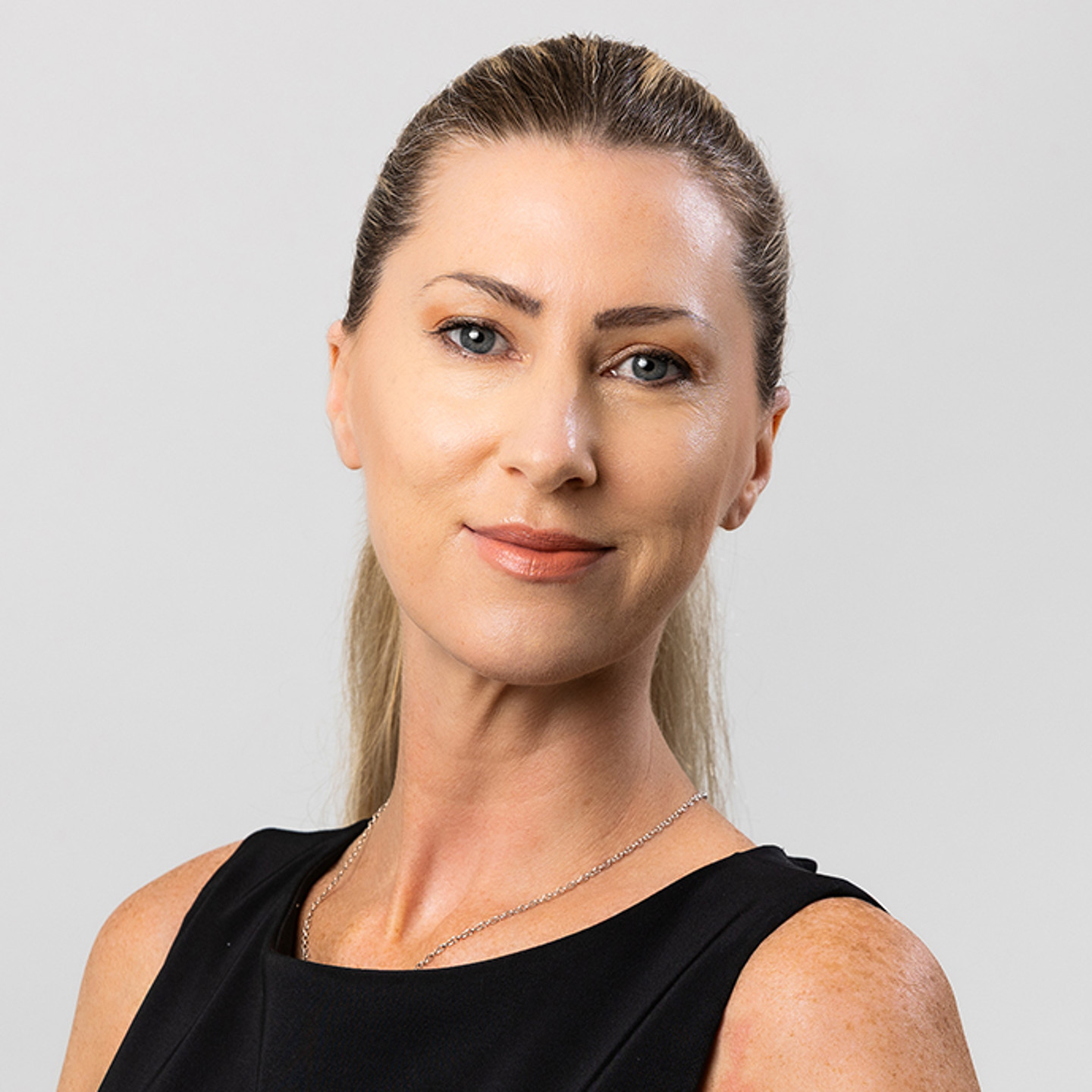
Kirsten Lapham
Partner | Legal
Cayman Islands

Kirsten Lapham
Partner
Cayman Islands
As US fund sponsors look to raise capital globally and launch complex cross-border structures, they’re increasingly exposed to a complex web of overlapping regulations – from the SEC, CFTC and DOJ at home, CIMA in the Cayman Islands, to local distribution laws abroad.
Regulatory funds expert Kirsten Lapham, a Cayman-based partner, advises global private equity firms and fund managers on international fund regulation, distribution regimes, ESG disclosure expectations and CIMA compliance.
In this article, she answers key questions that commonly come up in discussions with sponsors and investors.
Cayman Island fund structures continue to be favoured by US sponsors because Cayman has a reputation for efficiency, investor-friendly structures and streamlined processes. This may have led to a perception, particularly for new entrants who are yet to launch a Cayman fund, that the legislative environment is light touch, but what Cayman has achieved, in practice, is a sophisticated balance. It has a clear, straightforward regulatory environment, that offers commercial advantages, without compromising on regulatory integrity.
Regulation and oversight in the sector is rapidly evolving and Cayman has developed in step with international standards, with well-defined notification requirements, ongoing compliance obligations and a proactive approach to governance. This ensures that Cayman structures provide both investor protection and operational flexibility.
When marketing in Europe, US sponsors can take advantage of private placement regimes under the Alternative Investment Fund Managers Directive (AIFMD) in many jurisdictions. In regions where private placement regimes are not available, such as parts of southern Europe, sponsors looking to raise capital may consider alternative approaches. In these instances, reverse solicitation remains a viable route, though it is subject to careful review by competent authorities who want to ensure it is genuinely investor-driven and not used as a marketing strategy.
The rise of ESG and sustainability related disclosure regulations is another consideration. Managers seeking to distribute their Cayman vehicles across both the US and Europe need to balance the nuances of state-by-state considerations which vary in the US compared to established ESG disclosure rules in Europe, which requires extensive disclosure under the Sustainable Finance Disclosure Regulation (SFDR).
European investors now expect classification of a fund as routine and in some cases are allocating capital to funds designated Article 8 or 9 – something sponsors of Cayman structures need to consider. Balancing investor demand, regulatory divergence and potential scrutiny under global greenwashing rules is a definite challenge, and we are still seeing managers seeking guidance on best management practices.
When working with placement agents abroad it is important to remember that you’re not outsourcing compliance risk, you’re sharing it.
In my experience, placement agents being involved early on in the structuring phase is particularly useful. It helps them to understand and provide input based on investor feedback on the objectives behind the strategy and how to position the discussions with investors to ensure local rules are being adhered to. It also helps to align both manager and distribution agent with the messaging to ensure no local marketing rules are breached, and to avoid any risk of mis-selling.
Placement agents are generally well apprised of the local distribution rules where they operate and are well versed in distributing Cayman funds globally. It is important that the marketing strategy is agreed and documented between the sponsor and placement agent, together with advisers, at the outset. This ensures that the approach to roadshows and distribution is well considered over the lifecycle of fundraising and key to this is ensuring that there are regular check ins to make sure regulatory changes do not impact the existing approach.
Cayman is still considering its position on ESG but, as a general reflection, the regulatory regime you are marketing into will drive your approach to ESG disclosures, rather than Cayman law.
The target market is key to marketing and disclosure frameworks. Sponsors should consider how they are framing the promotion of the ESG components of their vehicles (whether this is for a dedicated impact fund or simply drawing out specific environmental or social objectives of the investment objectives) and be well prepared to stand behind sustainability claims.
Even in Cayman, if your fund is marketed as ESG-conscious, regulators and investors will expect consistency and this will require ensuring that promoting of ESG objectives are well considered, accurate and are in alignment with the sponsors’ responsible investment framework.
Rather than trying to fit into a particular label, the starting point should be to ensure you are doing what you say and saying what you do. Your ESG objectives and key performance indicators need to be genuine and reflect reality rather than be aspirational. This is key at both firm and fund level. As long as this is the starting point, it becomes much easier to meet your ongoing disclosure obligations and targets in accordance with relevant global frameworks going forward.
Map your fundraising plan to legal risks early: where are your investors, and what marketing laws apply there?
Monitor placement agent activity closely: if your name’s on the fund, you’re responsible for what’s said on your behalf. Engage your advisers with your agents' advisers early on and get aligned on your Cayman fund’s distribution strategy and the agreed dos and don'ts in the relevant target markets.
Build regulatory compliance with respect to marketing your Cayman funds into your launch timeline, not as an afterthought.
Ogier is a professional services firm with the knowledge and expertise to handle the most demanding and complex transactions and provide expert, efficient and cost-effective services to all our clients. We regularly win awards for the quality of our client service, our work and our people.
This client briefing has been prepared for clients and professional associates of Ogier. The information and expressions of opinion which it contains are not intended to be a comprehensive study or to provide legal advice and should not be treated as a substitute for specific advice concerning individual situations.
Regulatory information can be found under Legal Notice
Sign up to receive updates and newsletters from us.
Sign up